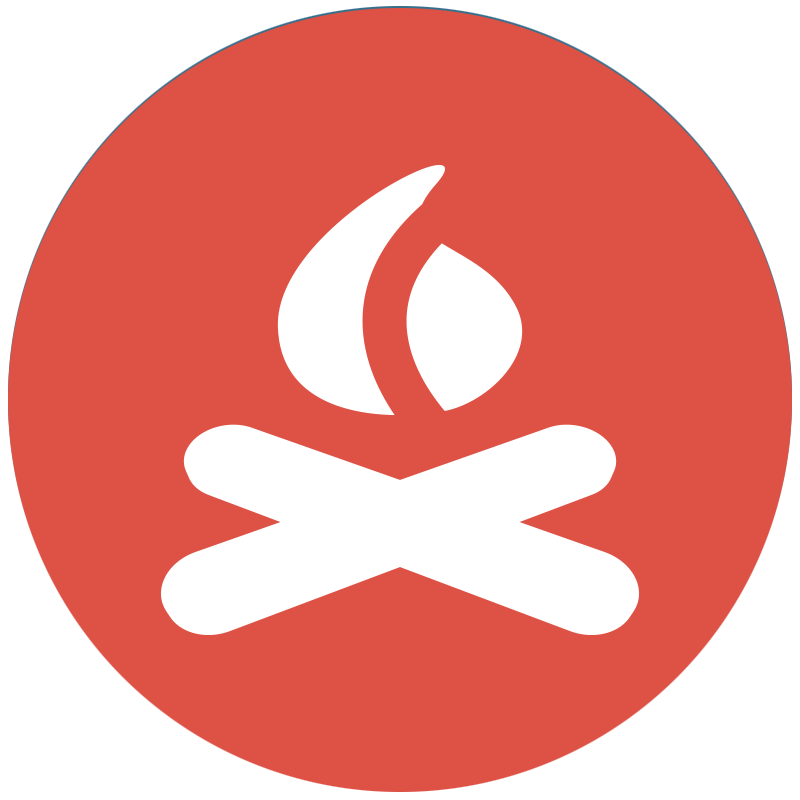Search Results
The following search criteria is in effect.
- Eligibility :: Tribal Housing Authority/TDHE
- Eligibility :: Tribal College or University
- Region :: National
We found 2 funding programs that match your search criteria.
Lead and Healthy Homes Technical Studies Programs
US Department Of Housing And Urban Development (HUD)
About the Award:
HUD is especially interested in applications that will advance our knowledge on priority healthy homes issues by addressing important gaps in the science related to the accurate and efficient identification of hazards and the implementation of cost effective hazard mitigation This funding is split into two different programs: the Lead Technical Studies and Healthy Homes Technical Studies programs. The Lead Technical Studies program is intended to fund projects focused on improving the efficacy and cost-effectiveness of methods for evaluation and control of residential lead-based paint hazards. The Healthy Homes Technical Studies program is intended to fund projects focused on the development and evaluation of cost-effective methods of monitoring, reducing, and preventing housing-related hazards, among other objectives. HUD is especially interested in funding practical, applied research that can directly inform policies and practices to reduce the prevalence and severity of residential health and safety hazards and improve the health and well being of residents.
Example Eligible IAQ Activities:
Monitoring, Heat Source Replacement, Ventilation, Energy Efficiency, Lead Remediation
Funding Details:
- Total FY 2019 Funding: $7,000,000
- Expected Number of Awards: 11
For Lead Technical Study
- Minimum Amount: $300,000
- Maximum Amount: $700,000
For Healthy Homes Technical Study
- Minimum Amount: $300,000
- Maximum Amount: $1,000,000
Award Type:
Cooperative Agreement
Regions:
National
Program Highlights:
In 2013, Alaska Native Tribal Health Consortium was awarded $743,044 through this grant to fund indoor air quality remediations in the homes of four Alaska Native villages. This project also involved monitoring changes in air quality indicators in response to interventions. This project also administered educational materials and provided home-based education for participating residents.
Typical Application Period: 2019 Date: June - July. Varies depending on year, but usually March - April.
Notes:
These programs do not require cost sharing, matching or leveraging. The amount of LTS grant funds used for construction activities, e.g., to conduct repair or substantial rehabilitation that is necessary to conduct the proposed study, may not exceed 20% of the total HUD funds awarded.
Contact:
J.Kofi.Berko@hud.gov
last modified: 2019-09-17 07:14:20
Social and Economic Development Strategies
US Department of Health and Human Services Administration for Native Americans
About the Award:
The SEDS program is designed to support community-based projects that increase the ability for Native Americans to define and achieve their own economic and social goals and/or the capacity to exercise local control and decision-making to promote the interests of community members. Projects that promote improved access to care through coordinated local and regional approaches and through supporting environmental health are eligible for this grant funding. Applicants can propose projects on 12, 24 and 36-month scales.
Example Eligible IAQ Activities:
Community Outreach, minor renovations, HEPA filters
Funding Details:
- Total FY 2019 Funding: $8,400,907
- 2019 Number of Awards: 25
- 2019 Minimum Grant: $100,000 Per Budget Period
- 2019 Maximum Grant: $400,000 Per Budget Period
- 2019 Average Grant: $280,000 Per Budget Period
Award Type:
Grant
Regions:
National
Program Highlights:
From 2009-2012, the Confederated Tribes Of Siletz Indians used $340,069 in grant funding to establish the Siletz Tribal Energy Program (STEP). This program was developed with the mission of addressing tribal energy-related challenges and coordinating energy efficiency work across Tribal agencies. Using grant funding, STEP established new building codes, organized Healthy Homes trainings for staff, and conducted outreach and energy audits in a number of households. [Source]
Typical Application Period: Typically January to April. Application periods may vary in future years.
Notes:
Alaska Native Villages have a separate application portal. Those interested in applying for this program should first check out ANA's Applicant Training & Technical Assistance portal.
Contact:
anacomments@acf.hhs.gov
last modified: 2019-09-11 10:24:57
Welcome in to the Beta Test Site!
We encourage you to explore, try out the search tools and give us feedback on your experience.
Because we are still adding finishing touches, please do not yet share this within your networks. Thank you for being one of our testers – we appreciate your feedback!
The Tribal Healthy Homes Network
Lead and Healthy Homes Technical Studies Programs
US Department Of Housing And Urban Development (HUD)
About the Award:
HUD is especially interested in applications that will advance our knowledge on priority healthy homes issues by addressing important gaps in the science related to the accurate and efficient identification of hazards and the implementation of cost effective hazard mitigation This funding is split into two different programs: the Lead Technical Studies and Healthy Homes Technical Studies programs. The Lead Technical Studies program is intended to fund projects focused on improving the efficacy and cost-effectiveness of methods for evaluation and control of residential lead-based paint hazards. The Healthy Homes Technical Studies program is intended to fund projects focused on the development and evaluation of cost-effective methods of monitoring, reducing, and preventing housing-related hazards, among other objectives. HUD is especially interested in funding practical, applied research that can directly inform policies and practices to reduce the prevalence and severity of residential health and safety hazards and improve the health and well being of residents.
Example Eligible IAQ Activities:
Monitoring, Heat Source Replacement, Ventilation, Energy Efficiency, Lead Remediation
Funding Details:
- Total FY 2019 Funding: $7,000,000
- Expected Number of Awards: 11
For Lead Technical Study
- Minimum Amount: $300,000
- Maximum Amount: $700,000
For Healthy Homes Technical Study
- Minimum Amount: $300,000
- Maximum Amount: $1,000,000
Cooperative Agreement
National
Program Highlights:
In 2013, Alaska Native Tribal Health Consortium was awarded $743,044 through this grant to fund indoor air quality remediations in the homes of four Alaska Native villages. This project also involved monitoring changes in air quality indicators in response to interventions. This project also administered educational materials and provided home-based education for participating residents.
Typical Application Period: 2019 Date: June - July. Varies depending on year, but usually March - April.
Notes:
These programs do not require cost sharing, matching or leveraging. The amount of LTS grant funds used for construction activities, e.g., to conduct repair or substantial rehabilitation that is necessary to conduct the proposed study, may not exceed 20% of the total HUD funds awarded.
Contact:
J.Kofi.Berko@hud.gov
Social and Economic Development Strategies
US Department of Health and Human Services Administration for Native Americans
About the Award:
The SEDS program is designed to support community-based projects that increase the ability for Native Americans to define and achieve their own economic and social goals and/or the capacity to exercise local control and decision-making to promote the interests of community members. Projects that promote improved access to care through coordinated local and regional approaches and through supporting environmental health are eligible for this grant funding. Applicants can propose projects on 12, 24 and 36-month scales.
Example Eligible IAQ Activities:
Community Outreach, minor renovations, HEPA filters
Funding Details:
- Total FY 2019 Funding: $8,400,907
- 2019 Number of Awards: 25
- 2019 Minimum Grant: $100,000 Per Budget Period
- 2019 Maximum Grant: $400,000 Per Budget Period
- 2019 Average Grant: $280,000 Per Budget Period
Grant
National
Program Highlights:
From 2009-2012, the Confederated Tribes Of Siletz Indians used $340,069 in grant funding to establish the Siletz Tribal Energy Program (STEP). This program was developed with the mission of addressing tribal energy-related challenges and coordinating energy efficiency work across Tribal agencies. Using grant funding, STEP established new building codes, organized Healthy Homes trainings for staff, and conducted outreach and energy audits in a number of households. [Source]
Typical Application Period: Typically January to April. Application periods may vary in future years.
Notes:
Alaska Native Villages have a separate application portal. Those interested in applying for this program should first check out ANA's Applicant Training & Technical Assistance portal.
Contact:
anacomments@acf.hhs.gov
Welcome in to the Beta Test Site!
We encourage you to explore, try out the search tools and give us feedback on your experience.
Because we are still adding finishing touches, please do not yet share this within your networks. Thank you for being one of our testers – we appreciate your feedback!
The Tribal Healthy Homes Network




